As Russia extends gains in Bakhmut, NATO warns city may fall ‘in coming days’
As Russian troops extend territorial gains in Bakhmut following months of intense fighting with Ukrainian troops, the NATO military alliance chief says the strategically important city could fall "in coming days."
Yevgeny Prigozhin, the head of Russia's paramilitary Wagner Group, said on Wednesday that its troops had taken full control of the eastern part of Bakhmut.
He said that they now control all districts east of the Bakhmutka River that crosses the city in the eastern Donetsk region.
Prigozhin said that the capture of the strategic city would allow the Russian military to push deeper into the Donbas to make “the entire world shudder.”
The private military contractor group has spearheaded the Russian offensive in Bakhmut that has lasted six months. Russian artillery has been pounding the last routes out of Bakhmut while trying to complete the encirclement of the besieged city.
The Institute for the Study of War, a Washington-based think-tank, said in its latest analysis that Russian forces have "likely captured the eastern part of Bakhmut, east of the Bakhmutka River, following a controlled Ukrainian withdrawal from eastern Bakhmut as of March 7.”
Meanwhile, on the sidelines of a meeting of EU defense ministers on Wednesday in the Swedish capital of Stockholm, NATO Secretary General Jens Stoltenberg told reporters that the town of strategic importance may fall into Russian hands.
"We cannot rule out that Bakhmut may eventually fall in the coming days,” he was quoted as saying.
For the Kremlin, capturing Bakhmut is essential for achieving its stated goal of taking control of the whole of Donetsk, one of the four Ukrainian regions that joined the Russian Federation following the referendum in September last year.
Moscow says that Bakhmut would be a stepping stone and a rare battlefield gain in completing the capture of the Donbas industrial region, one of Moscow’s most important objectives.
Russian Defense Minister Sergei Shoigu said on Tuesday that the seizure of Bakhmut would allow Russia to press its offensive deeper into the region.
Russia launched the military operation in Ukraine on February 24, 2022, to "de-Nazify" the country over the threat of the former Soviet republic joining the US-led NATO military alliance.
Since the onset of the war, the United States and Ukraine's other Western allies have sent Kiev tens of billions of dollars worth of weapons, including rocket systems, drones, armored vehicles, tanks, and communication systems.
Western countries have also imposed a slew of economic sanctions on Moscow. The Kremlin has said the sanctions and the Western military assistance risk prolonging the war that recently completed one year.
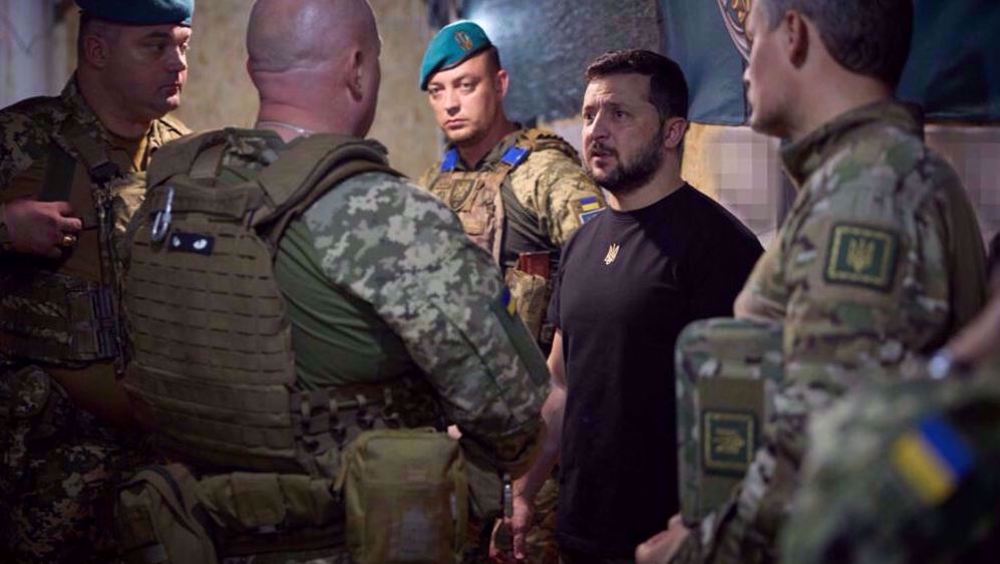
Ukraine peace talks downgraded in London as Kiev rebuffs Trump’s proposal
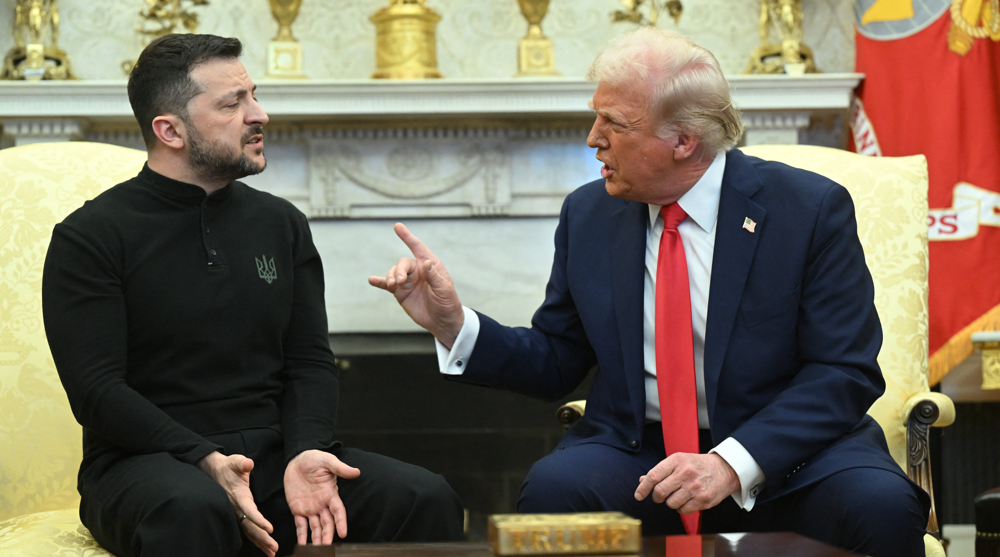
US plan requires Ukraine to give 20% of territory to Russia: Report
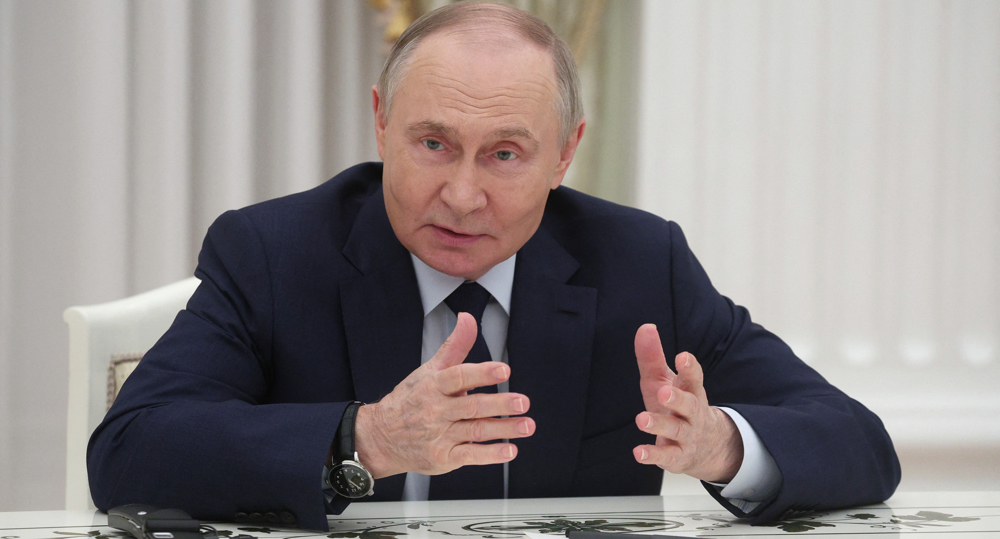
Russia's President Putin ratifies bill for strategic partnership with Iran
‘China supports Iran’s peaceful nuclear program, ready to facilitate diplomatic settlement’
Yemen vows payback as Saudis, Emiratis whisper dirty US plots in the dark
Oil Minister Paknejad: Russia to build nuclear plant in Iran with own funds
UAE deploys radar in Somalia to monitor Yemen’s anti-Israel strikes
Iran summons Dutch envoy over 'baseless' accusations against Tehran
VIDEO | Press TV's news headlines
India, Pakistan exchange fire as UN calls for 'maximum restraint'
Iran condemns Israeli attacks on Gaza tents as 'clear proof of war crime'


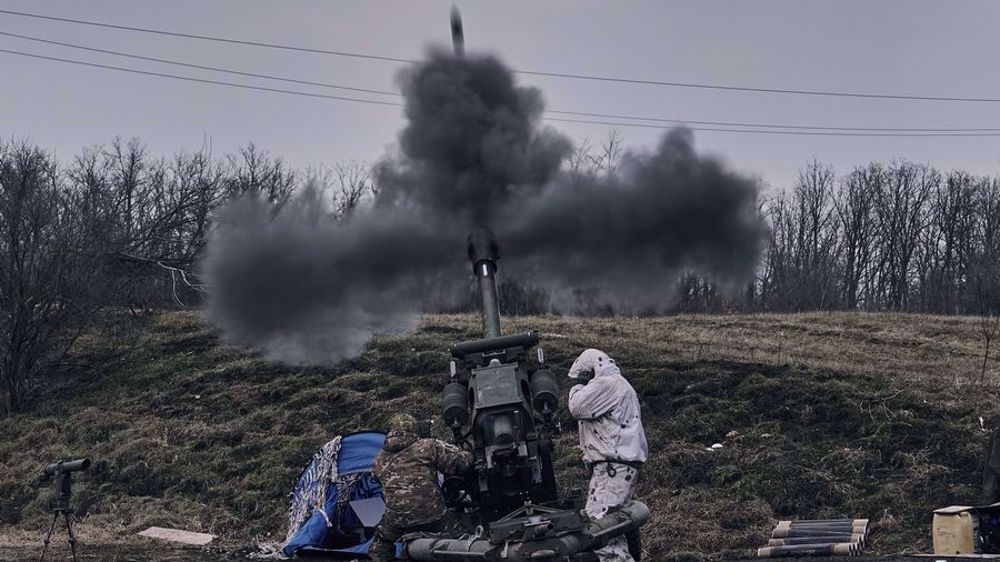
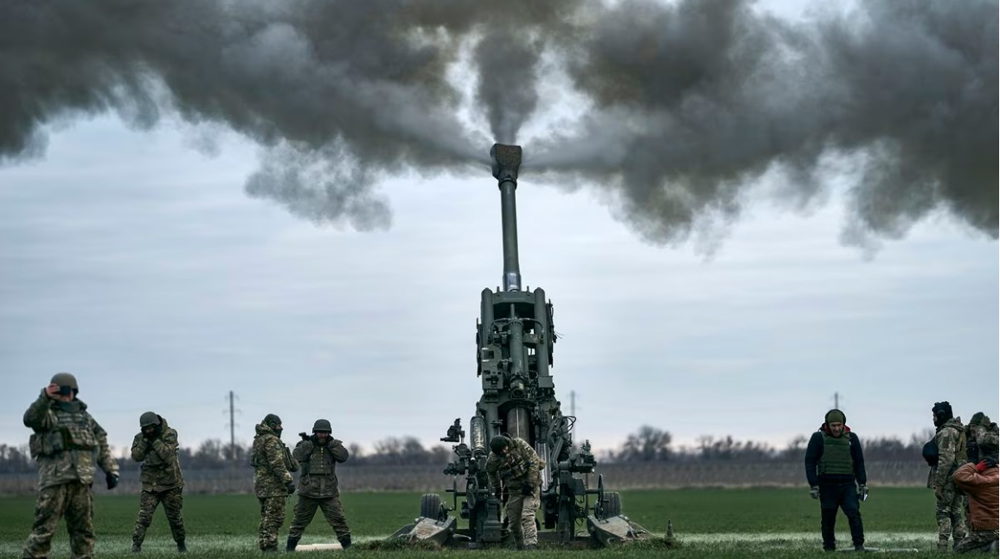



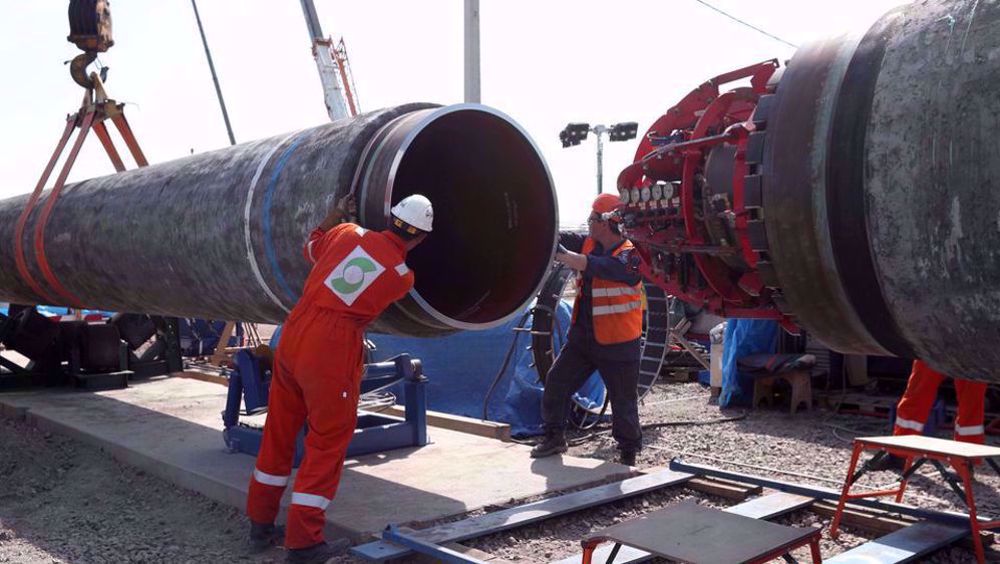
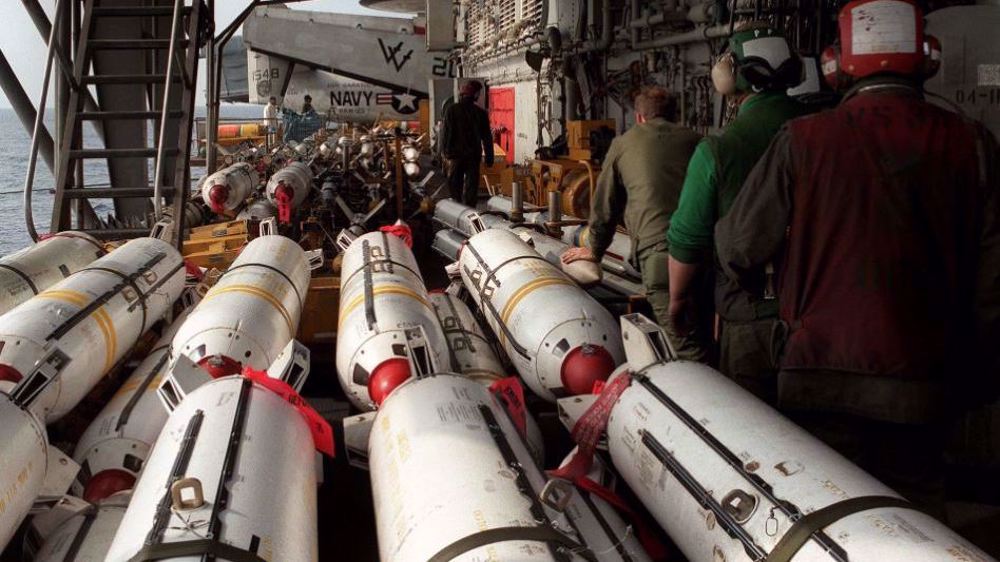
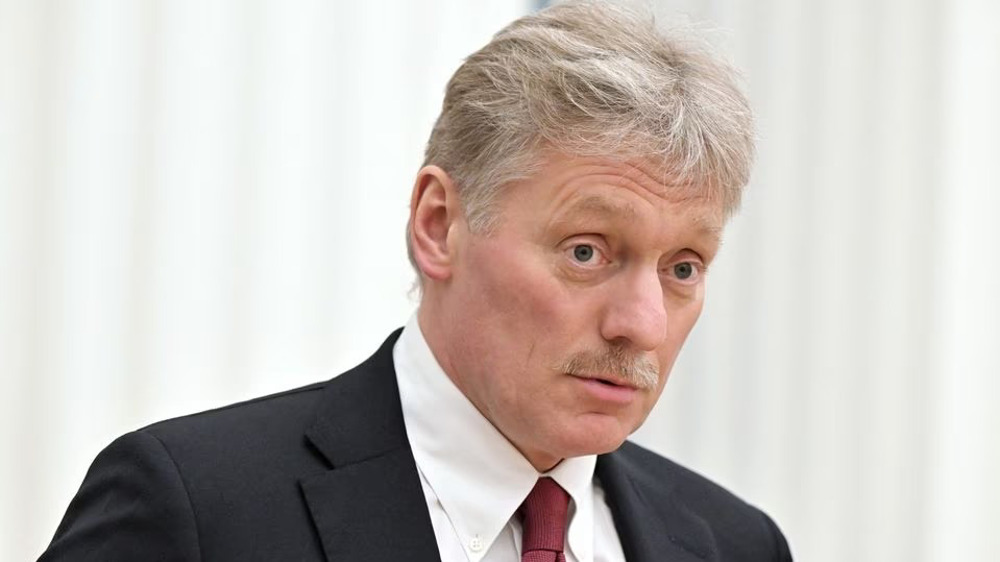
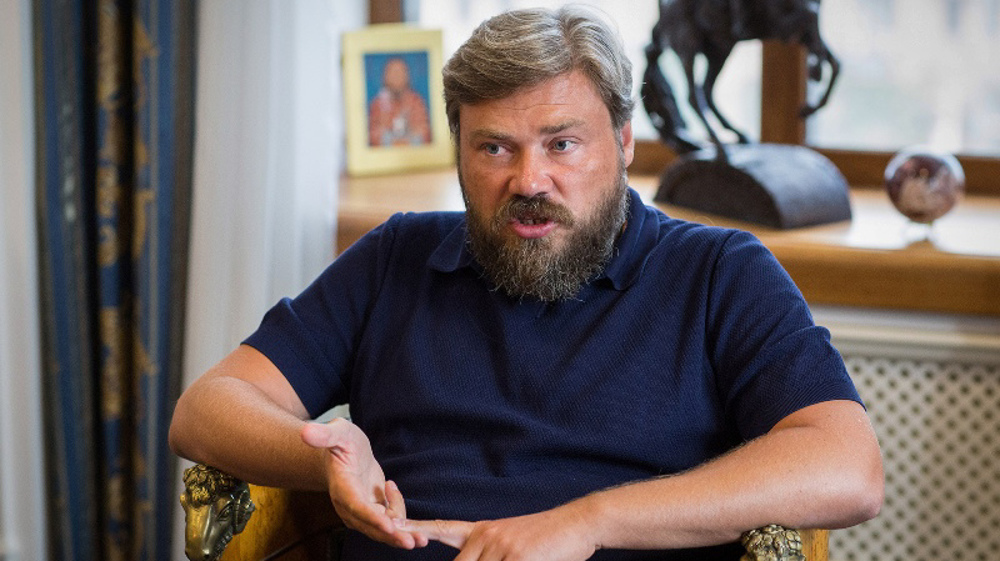
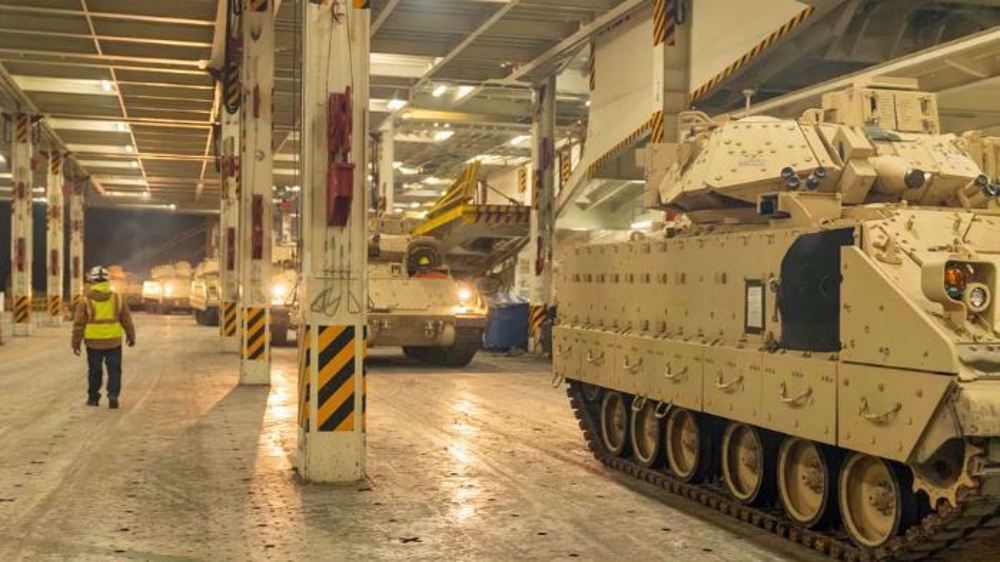
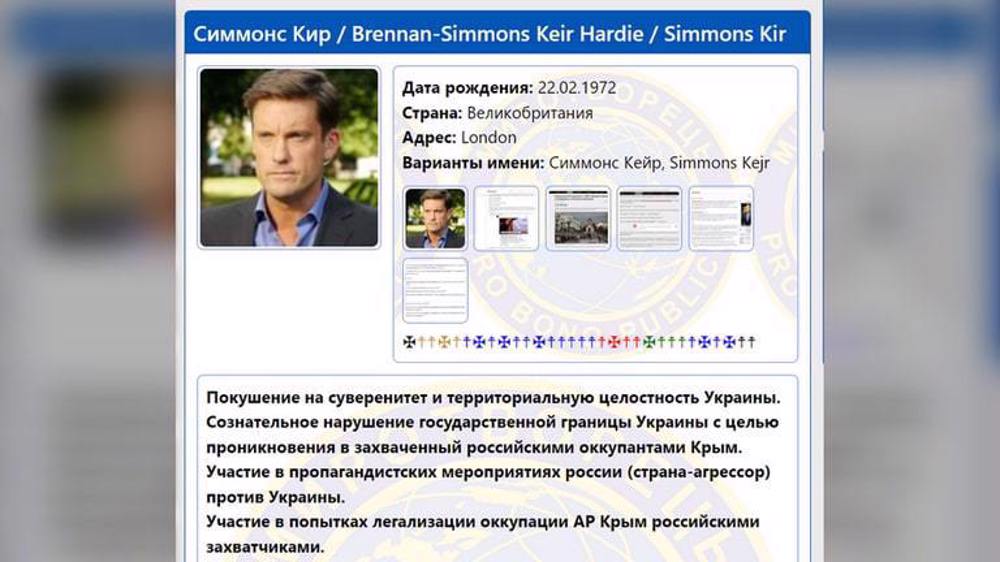
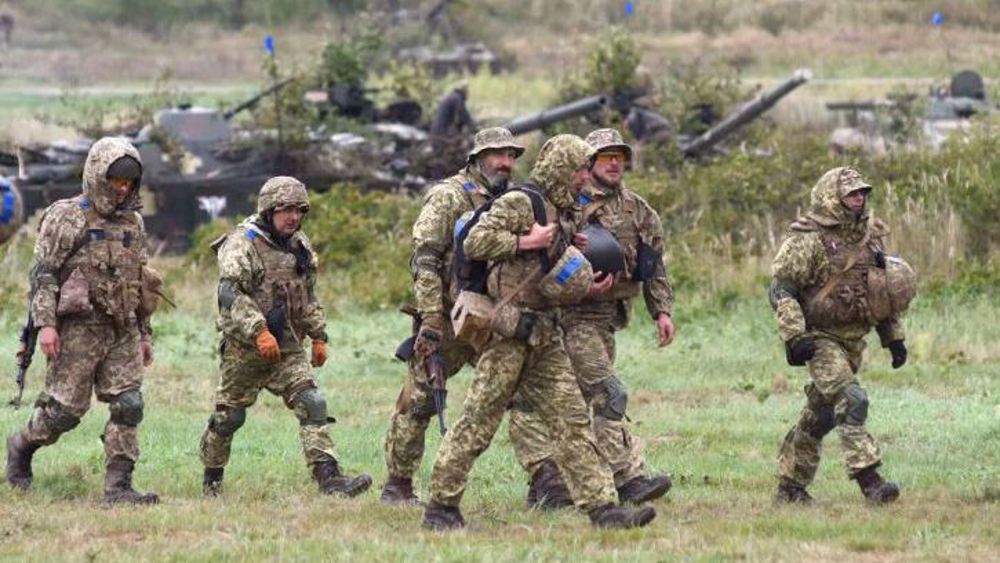

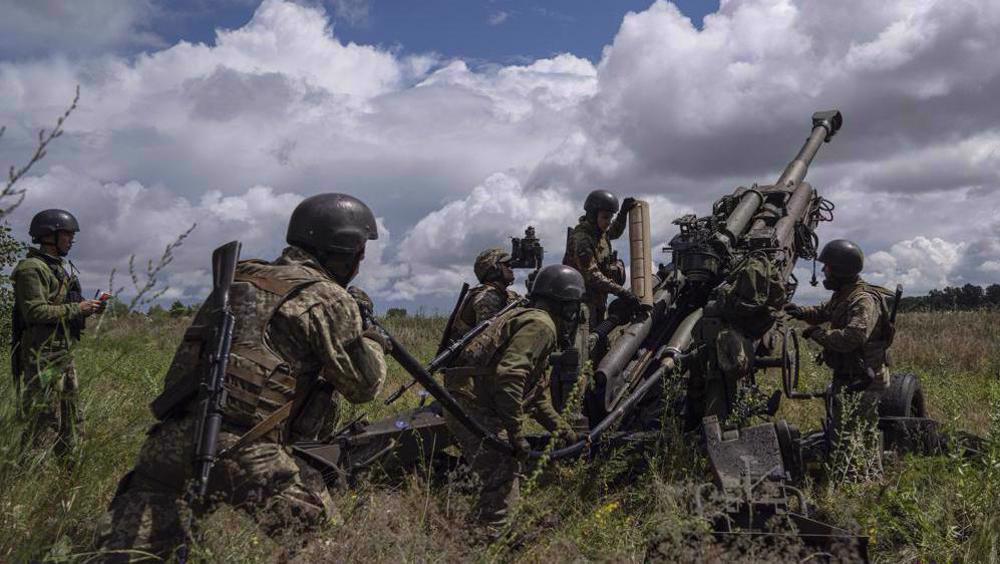

 This makes it easy to access the Press TV website
This makes it easy to access the Press TV website